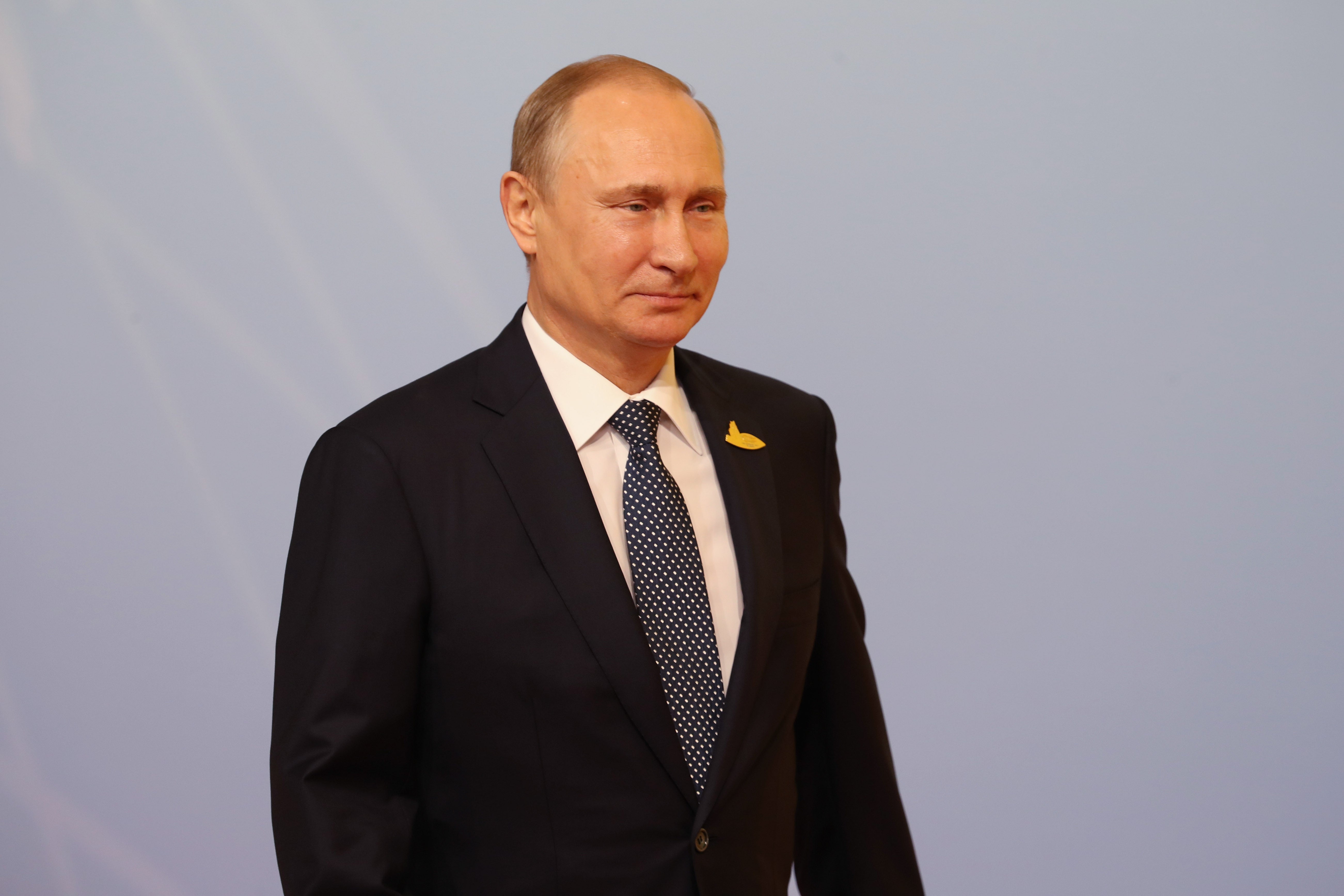MPs back economic crime reforms as action urged on seizing oligarchs’ assets
Reforms in the Bill have faced months of delays and only moved up the Government’s list of priorities following Russia’s invasion of Ukraine.

New laws designed to tackle “dirty money” hidden in the UK have cleared the House of Commons, amid calls for ministers to go further on seizing oligarchs’ assets.
The Economic Crime (Transparency and Enforcement) Bill received an unopposed third reading after it was rushed through the Commons on Monday.
Reforms contained in the Bill have faced months of delays and only moved up the Government’s list of priorities following Russia’s invasion of Ukraine.
They will undergo further scrutiny in the House of Lords, with business minister Paul Scully committing the Government to making further amendments to deal with concerns over potential loopholes in the Bill.
These include on dealing with what Conservative former leader Sir Iain Duncan Smith labelled a “back door” to those hoping to avoid reporting requirements under the new register of overseas entities.
The legislation is set to establish a new register of overseas entities requiring foreign owners of property in the UK to declare their true identity.
The register would need to be updated each year and punishments for failing to declare details, or submitting false information, would result in the asset being frozen and it cannot be sold or rented out.
The Bill states an offence is committed if a person acts “knowingly or recklessly” when submitting false information to the register, although Sir Iain and others warned this could set the threshold too high and not result in any court action.
Conservative former minister David Davis also tabled an amendment to enable the Government to publish a “hit list” of individuals being considered for sanctions.
It also sought to deny the named individuals from selling their assets or moving funds or assets out of the UK.
But this proposal was defeated by 300 votes to 234, majority 66, despite the division list showing nine Conservative MPs rebelled to support it.
Speaking during committee stage of the Bill, Mr Scully told MPs that the Government wanted to make sure the “drafting is right” for those backbench amendments that it has “sympathy” with.
He added: “I am happy to work with colleagues who moved those amendments to make sure that we can get that right and see what more we can do in the Lords.”
Pressed by Tory MP Sir Iain to confirm if the Government would only seek to add measures from backbench amendments in the Lords rather than in the Commons, Mr Scully said: “Essentially, yes.”
MPs voted 306 to 225, majority 81, to reject a Labour amendment which sought to compel the Government to publish draft legislation on reforms to Companies House.
They also voted voted 303 to 229, majority 74, to reject an amendment calling for a report on the funding of enforcement agencies linked with reforms to unexplained wealth orders.
Four Tory MPs rebelled to support this proposal, according to the division list.
Amendments to the legislation tabled by ministers in a bid to reduce the time given for overseas entities to comply with new rules, from 18 months to six, were approved by MPs.
Labour suggested the allowance should be cut to 28 days while Conservative former minister Sir Bob Neill said three months would “meet the balance very sensibly”.
Speaking during the Bill’s second reading, Home Secretary Priti Patel branded Russian president Vladimir Putin a “gangster” and said: “Putin’s cronies have hidden dirty money in the UK and across the West and we do not want it here.
“Expediting this legislation, which I know this whole House supports, will mean that we can crack down on the people who abuse the UK’s open society.”
As MPs considered amendments, Mr Davis outlined why further action is needed to seize assets.
He said: “What will we see during the months it takes to get these people sanctioned? We’ll see Russians scrambling to sell off their houses, disposing of their businesses, offloading their football clubs.”
He said that by the time the sanctions take effect, the “horse will have well and truly bolted”.
Labour former minister Chris Bryant also pressed the Government to go further, adding: “We also want seizure of assets.
“There’s not much point in sanctioning people if it’s not going to have any effect and this is also extremely timely, it has to happen rapidly because of all the things we’ve said about asset flight.”
Liberal Democrat MP Layla Moran (Oxford West and Abingdon) welcomed the “long overdue” legislation, adding: “It’s a bit of a Swiss cheese Bill because there is a lot in this Bill that’s good but there are a lot of loopholes that we’re seeking to close.”
Bookmark popover
Removed from bookmarks